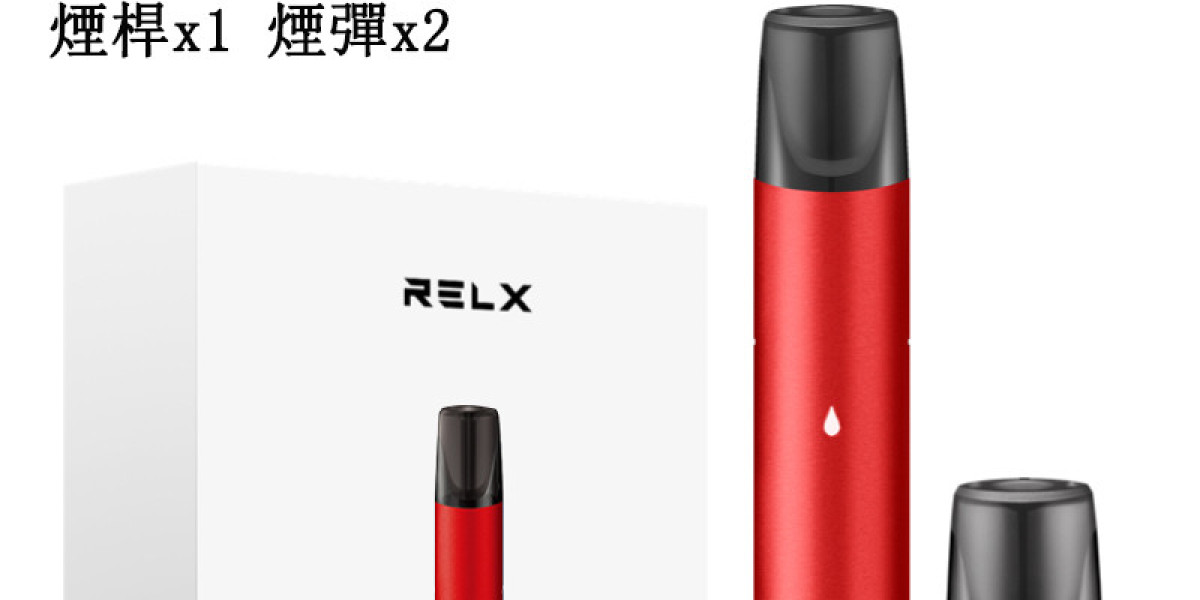It's a simple phrase, but "Always Do What You Should Do" is more than just good advice—it's a principle backed by powerful science. Our brains are wired in ways that both help and hinder us, and understanding this can unlock a more disciplined and successful life. This article explores the neuroscience and psychology behind this idea, showing why this approach is a key to lasting success.
The Brain's Battle: The Prefrontal Cortex vs. The Limbic System
At the heart of "doing what you should do" is a constant battle in your brain. On one side is the prefrontal cortex—the "CEO" of the brain. It's responsible for planning, making decisions, and controlling impulses. This is the part of your brain that knows you should study for an exam, save money, or eat a healthy meal. It's focused on your long-term goals
On the other side is the limbic system, which includes the amygdala and is often called the "emotional brain." It's all about immediate rewards and avoiding discomfort. This is the part of your brain that says, "Just watch one more episode," "That candy bar looks good right now," or "I'll do it later." It prioritizes short-term pleasure.
When you choose to do what you should, you're strengthening the connection to your prefrontal cortex. Each time you override the urge for instant gratification, you're building "mental muscle" that makes future acts of discipline easier. This is the scientific basis for willpower.
The Habit Loop: Cues, Routines, and Rewards
Our brains love efficiency, and they create habit loops to automate our behaviors. A habit loop has three parts:
Cue: A trigger that tells your brain to go into "automatic mode" and which habit to use. This could be a time of day, a location, or an emotional state.
Routine: The behavior itself, which is often what you should or shouldn't be doing.
Reward: The positive feeling or outcome that tells your brain to remember this loop for the future.
When you do what you should do, you're creating a positive habit loop. For example, if your cue is waking up in the morning, your routine could be to exercise, and the reward is the feeling of energy and accomplishment. Over time, your brain will start to crave that reward, making the routine of exercising feel less like a chore and more like a natural part of your day. The key is to consciously design these loops to work for you, not against you.
The Role of Dopamine and Immediate Gratification
Dopamine is a neurotransmitter linked to pleasure and motivation. Our brains release dopamine not just when we get a reward, but also in anticipation of it. This is why a simple phone notification or the idea of watching a TV show can feel so compelling—our brains are getting a small hit of dopamine just thinking about the pleasure.
When you consistently choose what you "should" do, you're essentially retraining your brain's reward system. Instead of getting dopamine hits from instant, low-value rewards, you start to link it with the satisfaction of completing a difficult task. The feeling of checking off a to-do list item or seeing progress on a long-term goal provides a more meaningful and lasting dopamine reward.
The Psychological Benefit: Self-Efficacy
Beyond the brain chemistry, there's a powerful psychological reason for doing what you should do: self-efficacy. This is your belief in your own ability to succeed in specific situations or accomplish a task.
Every time you follow through on a commitment to yourself, you increase your self-efficacy. You are, in effect, telling yourself, "I can do this." This belief is a fundamental part of resilience and a powerful predictor of success. People with high self-efficacy are more likely to set challenging goals, persevere through setbacks, and ultimately achieve their ambitions. It's a virtuous cycle: doing what you should do builds confidence, and that confidence makes it easier to do what you should do in the future.
By understanding this science, you can stop fighting your brain and start working with it. The journey to a disciplined life isn't just about "toughing it out"—it's about training your brain, building positive habits, and strengthening your belief in yourself, one deliberate choice at a time.



